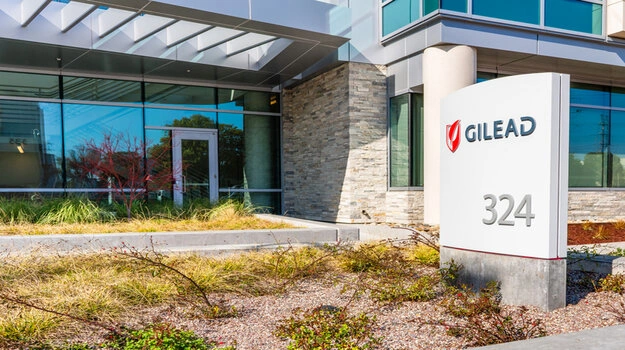Gilead’s Magrolimab Again Placed on Partial Clinical Hold by FDA
Like this project
Posted Aug 22, 2023
The biopharma’s acute myeloid leukemia hopeful is on partial clinical hold, affecting two Phase III AML studies, Gilead announced Monday. The CD47 candidate al…
Likes
0
Views
16

Pictured: Corporate headquarters of Gilead in Silicon Valley/iStock, Sundry Photography
The FDA has put a partial clinical hold on Gilead Sciences’ clinical studies for acute myeloid leukemia involving its investigational drug magrolimab, the company announced on Monday.
The partial clinical hold applies to the initiation of new patients in U.S. studies examining magrolimab as a treatment for acute myeloid leukemia (AML), according to Gilead. It also applies to the expanded access program.
Patients who are already enrolled can continue to receive the therapy and be monitored per the current study protocol, the company said, while noting that their solid tumor program can continue without consequence.
Gilead said it is “working with regulatory authorities to determine next steps to release the partial clinical hold for new patient enrollment in the magrolimab AML studies” and that “global regulatory authorities and clinical trial investigators involved in the studies have been informed of the FDA’s decision.”
AML progresses rapidly without treatment and targets cells that are not fully developed, impairing their ability to perform normal functions. There is ongoing research in clinical trials to discover effective treatments for AML, and there are no known risk factors for the disease, although the following have been associated with an increased risk: age, sex, exposure to chemicals, smoking, previous cancer treatments such as radiation and chemotherapy. The overall survival rate for AML is 29.8%.
Magrolimab, which Gilead gained in its 2020 $4.9 billion acquisition of Forty Seven, is a potential first-in-class investigational anti-CD47 immunotherapy. The molecule blocks the inhibitory CD47-signal regulatory protein (SIRPa) interaction, which increases the ability of macrophages to destroy predatory and malignant cells. Magrolimab is also being developed to treat myeloid malignancies, lymphoma, myeloma, head and neck cancer, colorectal cancer, lung cancer and breast cancer.
The CD47 candidate has been in regulatory hot water before. An FDA hold in January 2022 covered five studies in AML, myelodysplastic syndromes (MDS), and myeloid malignancies. The regulator lifted the block in April 2022, but the lymphoma and multiple myeloma programs remained on hold for additional months. However, previous holds on the therapy did not impact other studies conducted by Gilead, such as diffuse large B-cell lymphoma, triple-negative breast cancer, and head and neck squamous cell carcinoma.
The regulator’s latest hold comes a month after the company announced a discontinuation of the Phase III ENHANCE study of magrolimab in higher-risk MDS. After examining the Phase III data, Gilead shut down the late-stage study for futility.
Matt Olszewski is a freelance writer based in Boston. Reach him on LinkedIn.





